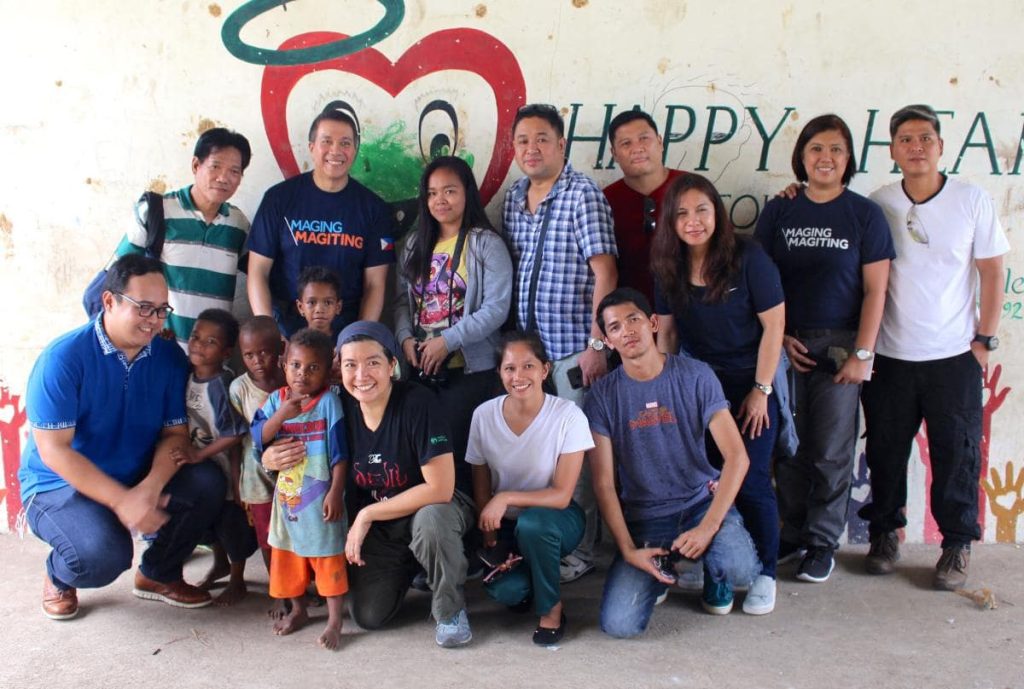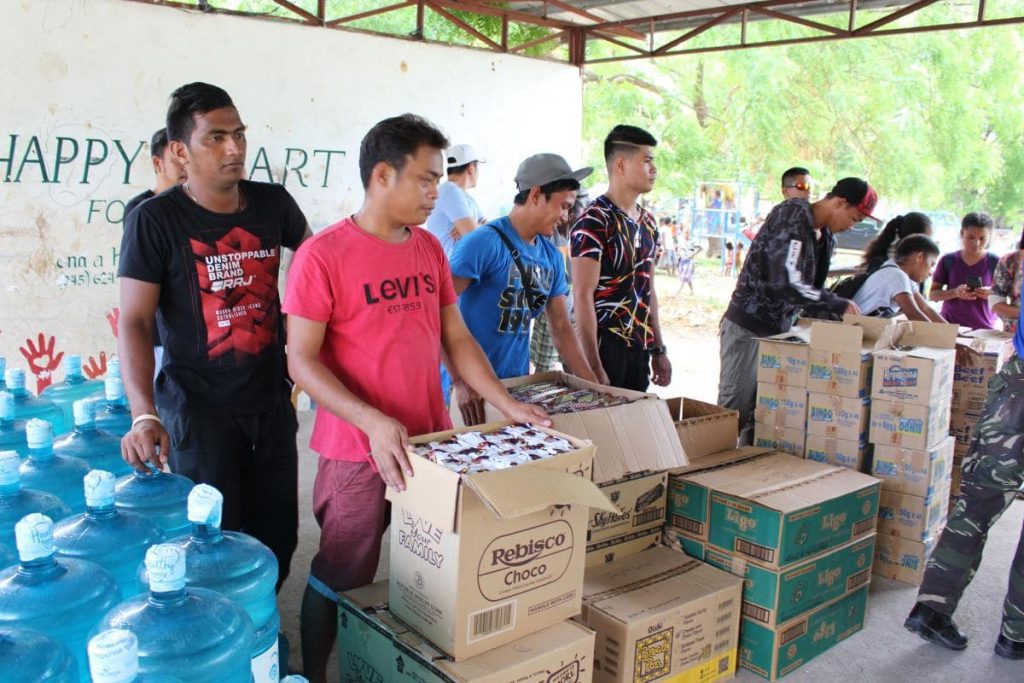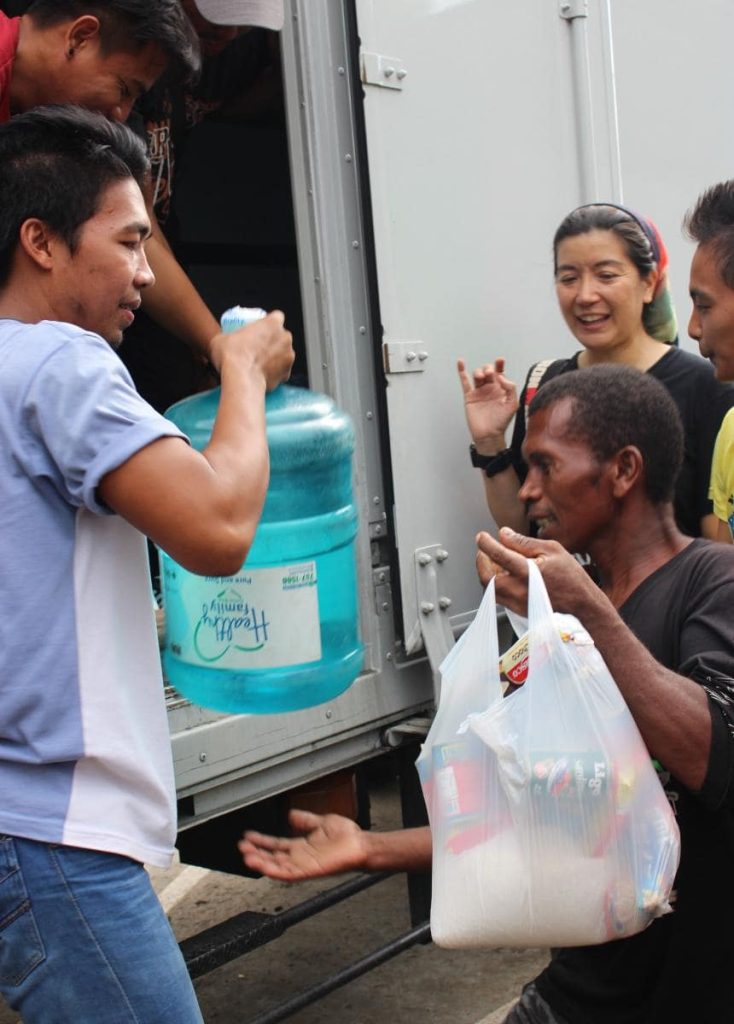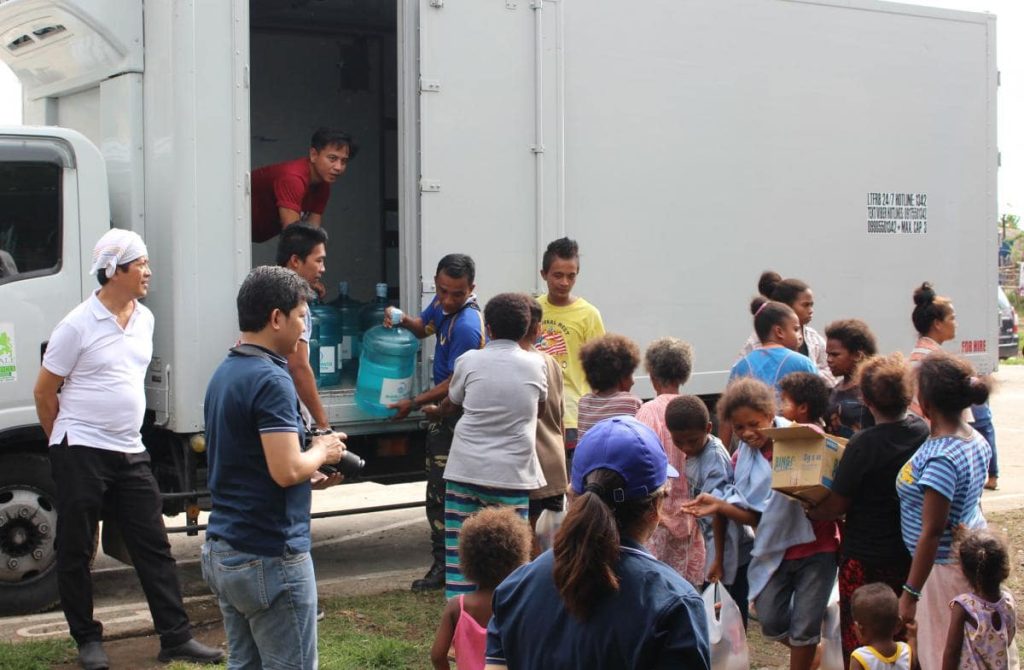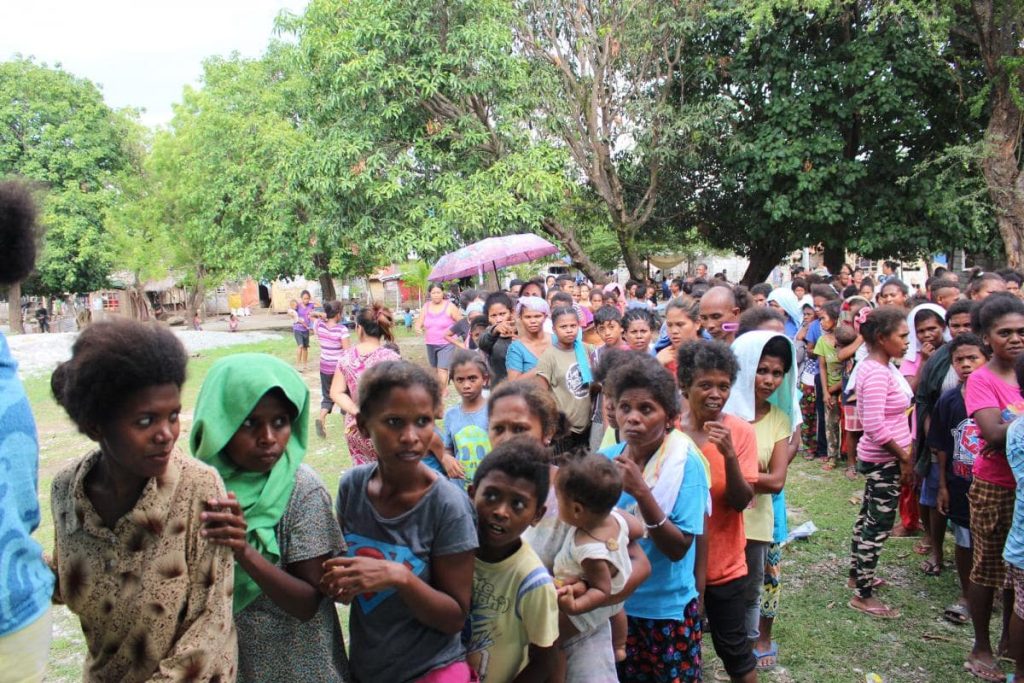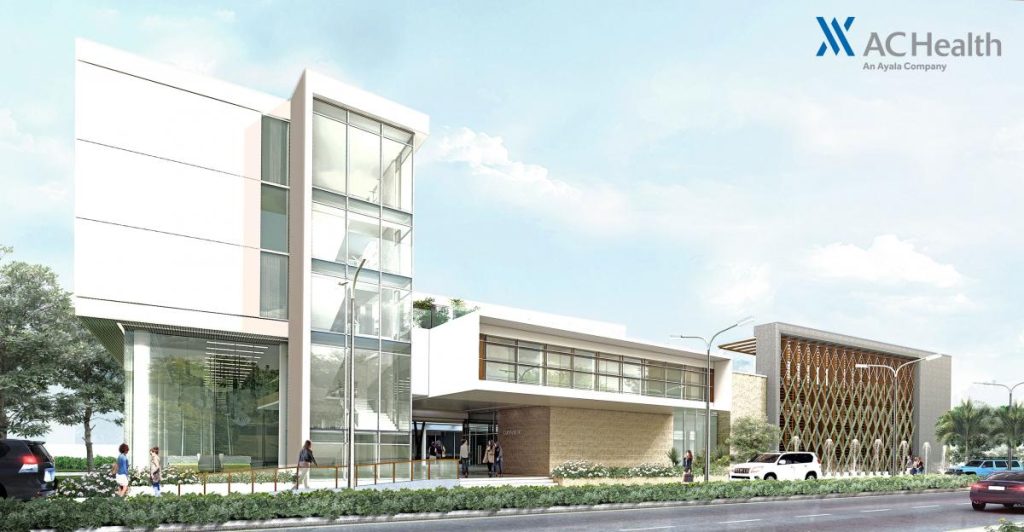As part of a sustained effort to provide relief and rehabilitation support for families severely affected by the April 22 earthquake, the Ayala group, through Ayala Foundation, conducted relief operations for Aeta families in Porac, Pampanga, on May 4.
Working closely with award-winning journalist Kara David and her personal “Project Malasakit” initiative, Ayala Foundation distributed food and water for at least 300 Aeta families living in Katutubo Village in barangay Planas, Porac, Pampanga.
Ayala Foundation also came with the Manila Water Foundation to the relief operations, with assistance from the Apl.de.Ap Foundation, the Pampanga Social Welfare and Development Office, and the Philippine Air Force stationed at the Cesar Basa Air Base in Floridablanca, Pampanga.
The May 4 relief initiative was the second of several similar activities for Aeta families who lost their homes and livelihood during the 6.1-magnitude Luzon earthquake. The previous week Ayala Foundation and internationally renowned performer Apl.de.Ap distributed sleeping mats and drinking water for 800 families in Floridablanca, Pampanga.
“For any initiative to have an impact, it must be sustained and done in collaboration with the community and other partners,” said Ayala Foundation President Ruel Maranan. “This is why the Ayala group is actively consulting local stakeholders and the community members themselves on their needs after the earthquake, not only in terms of immediate relief but also for reconstruction and rehabilitation.”
The Ayala group has also started the delivery of plywood and galvanized iron sheets to help at least 1,000 Pampanga families who lost their homes to the earthquake.
Aside from helping rebuild shelters, Ayala is also working closely with Pampanga communities and officials in identifying other needs, particularly in the area of reconstruction and rehabilitation.
